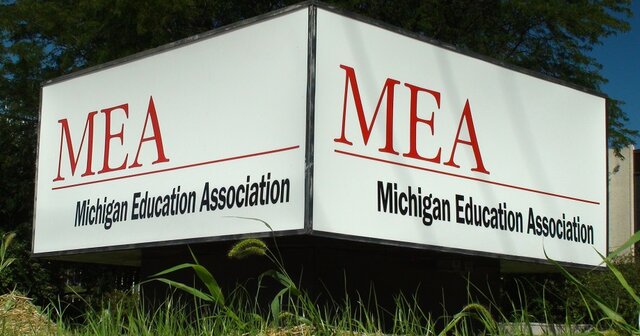

In the pages of its MEA Voice publication the Michigan Education Association opposes efforts to put retirement income security back in the hands of its members. The union instead wants to keep educators in the state-controlled defined benefit pension plan that has accumulated $26.7 billion in unfunded liabilities. The union ought to reconsider; the current system is unfair to its members and taxpayers alike.
Politicians have promised $67.7 billion worth of benefits and have only saved $41.0 billion to pay for them. The funding assumptions used by politicians to guess how much benefits will cost have come up short.
The MEA has make one small nod to problematic funding assumptions: It blamed underfunding on the last recession. But proper funding assumptions are supposed to work during both good and bad times, not to assume recessions never happen. This current system, on the other hand, has been fully funded only once in the past 30 years.
The MEA could have argued to stop the pension underfunding. It could have called for more stringent funding assumptions. It might have complained in the past when the state put less in the system than the annually required contribution. Instead, its resistance to reform has increased the danger to public school employees across Michigan.
Over time, this state has increased the amount of money it expects school districts to contribute to the pension system. The costs for districts rose from an amount equal to 12 percent of their payroll in 2002 to 37 percent today, with 89 percent of those contributions going to close the underfunding gap. In contrast, there would be fewer layoffs if fewer dollars were needed to keep pension system afloat.
Instead of requiring school employees to participate in this underfunded system, the state should let them build a secure retirement that does not rely on political promises: A defined contribution retirement system that provides real money and puts employees in control of their retirement. Now that is something the MEA ought to support.
Permission to reprint this blog post in whole or in part is hereby granted, provided that the author (or authors) and the Mackinac Center for Public Policy are properly cited.
Get insightful commentary and the most reliable research on Michigan issues sent straight to your inbox.

The Mackinac Center for Public Policy is a nonprofit research and educational institute that advances the principles of free markets and limited government. Through our research and education programs, we challenge government overreach and advocate for a free-market approach to public policy that frees people to realize their potential and dreams.
Please consider contributing to our work to advance a freer and more prosperous state.

Donate | About | Blog | Pressroom | Publications | Careers | Site Map | Email Signup | Contact